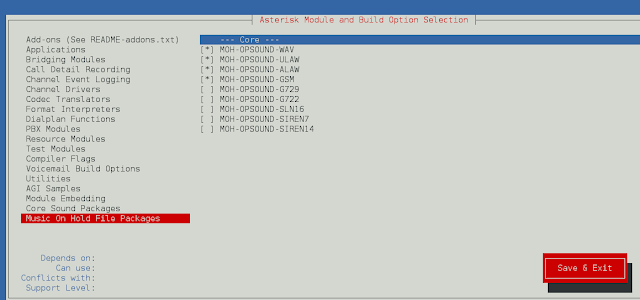Here are some of the differences between C and Python.

| C | Python |
|---|---|
| An Imperative programming model is basically followed by C. | An object-oriented programming model is basically followed by Python. |
| Variables are declared in C. | Python has no declaration. |
| C doesn’t have native OOP. | Python has OOP which is a part of the language. |
| Pointers are available in C language. | No pointers functionality is available in Python. |
| C is a compiled language. | Python is an interpreted language. |
| There is a limited number of built-in functions available in C. | There is a large library of built-in functions in Python. |
| Implementation of data structures requires its functions to be explicitly implemented. | It is easy to implement data structures in Python with built-in insert, append functions. |
| C is compiled directly to machine code which is executed directly by the CPU | Python is firstly compiled to a byte-code and then it is interpreted by a large C program. |
| Declaring of variable type in C is a necessary condition. | There is no need to declare a type of variable in Python. |
| C does not have complex data structures. | Python has some complex data structures. |
| C is statically typed. | Python is dynamically typed. |
| Syntax of C is harder than python because of which programmers prefer to use python instead of C |
It is easy to learn, write and read Python programs than C. |
| C programs are saved with .c extension. | Python programs are saved by .py extension. |
| An assignment is allowed in a line. | The assignment gives an error in line. For example, a=5 gives an error in python. |
| In C language testing and debugging is harder. | In Python, testing and debugging are directly not harder than in C. |
| C is complex than Python. | Python is much easier than C. |
| The basic if statement in c is represented as: if ()
|
The basic if statement in Python is represented as: if:
|
|
The basic if-else statement in C is represented as: } } |
The basic if-else statement is represented as: if : else: |
| C language is fast. | Python programming language is slow |
| C uses {} to identify a separate block of code. | Python uses indentation to identify separate blocks of code. |
| It is mandatory to mark the end of every statement with a semicolon in C. | It is not mandatory to mark the end of every statement with a semicolon in Python. |




